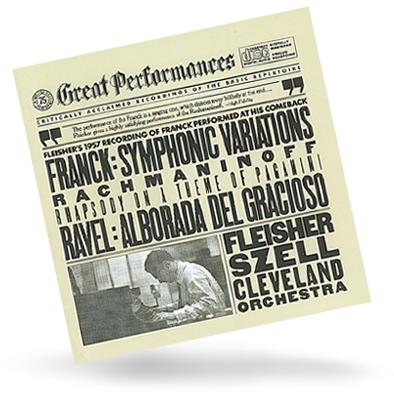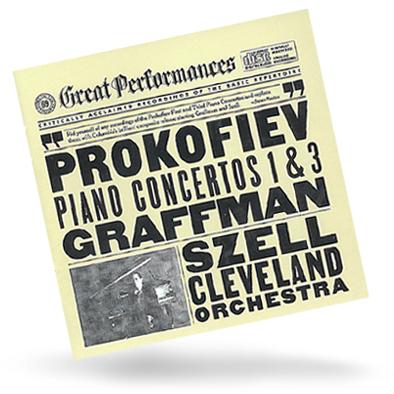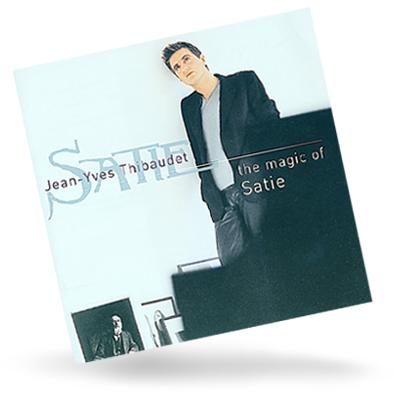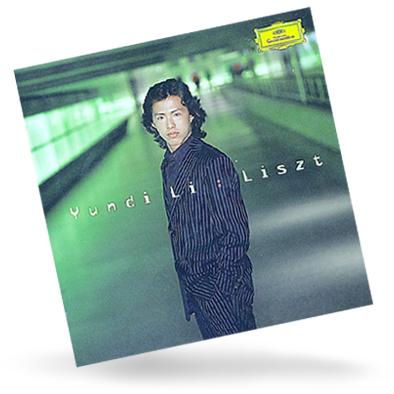The piano rose to prominence simultaneously with the Romantic movement at the beginning of the 19th century. It quickly came to represent everything that Romanticism stood for -- notably greater feeling at all costs. But Romanticism also aspired to touch realms never previously reached.
The result was music that was so emotional it moved its original hearers to tears, and titanic works that appeared to be heading where no music had gone before, culminating in Wagner's mature operas. Nothing like it had ever been heard, or indeed thought possible.
Because the piano was central to this ambitious new music, the pianist became a kind of messenger from the gods. He was seen as someone whose feelings were so powerful that the only way he could express them was on this novel instrument with such a remarkable dynamic range.

And so it was that Chopin wrote solo piano music that was more expressive than had ever been considered possible, and Liszt tried to push the envelope in every way the hand's span of keys would let him. It's a sad paradox that until recent times these keys had to be made from the tusks of butchered elephants.
THE MAGIC OF SATIE
Jean-Yves Thibaudet, piano

Decca 470 290-2
The characteristics of Eric Satie's uniquely atmospheric piano music are a childlike simplicity, an ironic sadness, and a quiet mockery of convention.
It's as if it consists of dances for rather faded dolls, the play-things of a wistful and yet not unhappy old man.

It can sometimes seem, too, as if his admirers are a world unto themselves, each competing over who can display the more exquisite sensitivity with regard to the piano music they so admire. People who like Satie often don't like much else in the classical repertoire but instead seek an appropriate accompaniment to sipping fruit-flavored teas in boutique-like salons, while wearing the latest in retro fashion.
This new CD from Decca, however, offers much more than the overfamiliar Gymnopedies. The items cover the changes in the composer's style that occurred throughout his life, and include five first recordings of recently discovered pieces. They are all played with the necessary lightness and playfulness by Jean-Yves Thibaudet who has previously specialized in the music of Debussy and Ravel.
The newly-discovered items in particular will make this disc very appealing to all Satie-devotees, and will probably recruit others into their ranks in the bargain.

YUNDI LI: LISZT
Yundi Li, piano
Deutsche Grammophon 471 585-2
Yundi Li caused quite a stir with Taiwan's media earlier in the month when he arrived for 36 hours to promote this recording. It's the second CD from a young Chinese pianist who has taken the classical world by storm, and in addition been afforded the status of a pop idol. Born in Chongqing in China's Sichuan Province, he won first prize in the Chopin Competition in Warsaw two years ago when he was only 18. This was the first time for 15 years the first prize had been awarded to anyone in this prestigious, once-every-five-years contest. The year before that he'd won first prize in the Liszt Competition in Utrecht. DGM have already issued a Yundi Li: Chopin disc (471 479-2), which sold 200,000 copies in Asia and Europe, and now has come up with a similar Liszt selection.
This new CD is absolutely fantastic, and far more characterful than Li's Chopin debut. His technique is so delicate and so sensitive, and yet at other times so grand, it simply takes your breath away. He's not afraid of intensely poetic playing, and at times the result is so liquid you can hardly believe your ears. The main work he plays is Liszt's gargantuan B Minor sonata, wild and tender by turns, and always amazing.
Five popular Liszt pieces are added to make up a disc it's impossible to recommend too
highly.
Anyone who feels slightly jaded with classical music should buy this CD, listen to it on good headphones, and have their senses cleansed and their heart re-primed as a result. It comes with a short free VCD which Universal Music says will only be included for a limited period.
Yundi Li will return to Taiwan to give three solo concerts on March 23, 25 and 27 in Taipei, Kaohsiung and Taichung respectively.
FRANCK: SYMPHONIC VARIATIONS
RACHMANINOFF: RHAPSODY ON A THEME OF PAGANINI
RAVEL: ALBORADA DEL GRACIOSO
Leon Fleisher, piano
George Szell, Cleveland Orchestra
MYK 37812
PROKOFIEV: PIANO CONCERTOS 1 & 3
Gary Graffman, piano
George Szell, Cleveland Orchestra
MYK 37806
Classical recording companies all share the same problem. They have huge back catalogues of recordings too fine to jettison, but all except the very best unlikely to be able to compete with the latest renderings by up-and-coming artists. Their solution, too, is invariably the same -- re-issue them on special labels entitled "Great Performances," "Great Recordings of the Century," "Ovation," "Encore," and the like, and sell them at reduced prices.
Sony is currently promoting several re-issues of recordings in this category made for Columbia in the late 50s and early 60s by the Cleveland Orchestra under their famous conductor George Szell. They have been available on CD before, but are here re-packaged on the Great Performances label, with its sepia-and-black covers that look like newspaper front pages.
Leon Fleisher recorded Cesar Frank's Symphonic Variations as part of his 1956 comeback. Considering its age, the sound quality is absolutely astonishing, as indeed is that of the Rachmaninoff Rhapsody, offering great warmth and fullness of tone. These are wonderfully masterful performances by orchestra and soloist alike, strong, confident and resonant.
The Prokofiev piano concertos, too, are given fine renderings by Gary Graffman, though they too face strong competition in the catalogues -- Martha Argerich's version of No.3 with Claudio Abbado and the Berlin Philharmonic (DGM 447 438-2) is just one example. Still, these remain excellent performances, and the Sonata No.3 makes an especially fine bonus track.

This is the year that the demographic crisis will begin to impact people’s lives. This will create pressures on treatment and hiring of foreigners. Regardless of whatever technological breakthroughs happen, the real value will come from digesting and productively applying existing technologies in new and creative ways. INTRODUCING BASIC SERVICES BREAKDOWNS At some point soon, we will begin to witness a breakdown in basic services. Initially, it will be limited and sporadic, but the frequency and newsworthiness of the incidents will only continue to accelerate dramatically in the coming years. Here in central Taiwan, many basic services are severely understaffed, and

Jan. 5 to Jan. 11 Of the more than 3,000km of sugar railway that once criss-crossed central and southern Taiwan, just 16.1km remain in operation today. By the time Dafydd Fell began photographing the network in earnest in 1994, it was already well past its heyday. The system had been significantly cut back, leaving behind abandoned stations, rusting rolling stock and crumbling facilities. This reduction continued during the five years of his documentation, adding urgency to his task. As passenger services had already ceased by then, Fell had to wait for the sugarcane harvest season each year, which typically ran from

It is a soulful folk song, filled with feeling and history: A love-stricken young man tells God about his hopes and dreams of happiness. Generations of Uighurs, the Turkic ethnic minority in China’s Xinjiang region, have played it at parties and weddings. But today, if they download it, play it or share it online, they risk ending up in prison. Besh pede, a popular Uighur folk ballad, is among dozens of Uighur-language songs that have been deemed “problematic” by Xinjiang authorities, according to a recording of a meeting held by police and other local officials in the historic city of Kashgar in

It’s a good thing that 2025 is over. Yes, I fully expect we will look back on the year with nostalgia, once we have experienced this year and 2027. Traditionally at New Years much discourse is devoted to discussing what happened the previous year. Let’s have a look at what didn’t happen. Many bad things did not happen. The People’s Republic of China (PRC) did not attack Taiwan. We didn’t have a massive, destructive earthquake or drought. We didn’t have a major human pandemic. No widespread unemployment or other destructive social events. Nothing serious was done about Taiwan’s swelling birth rate catastrophe.